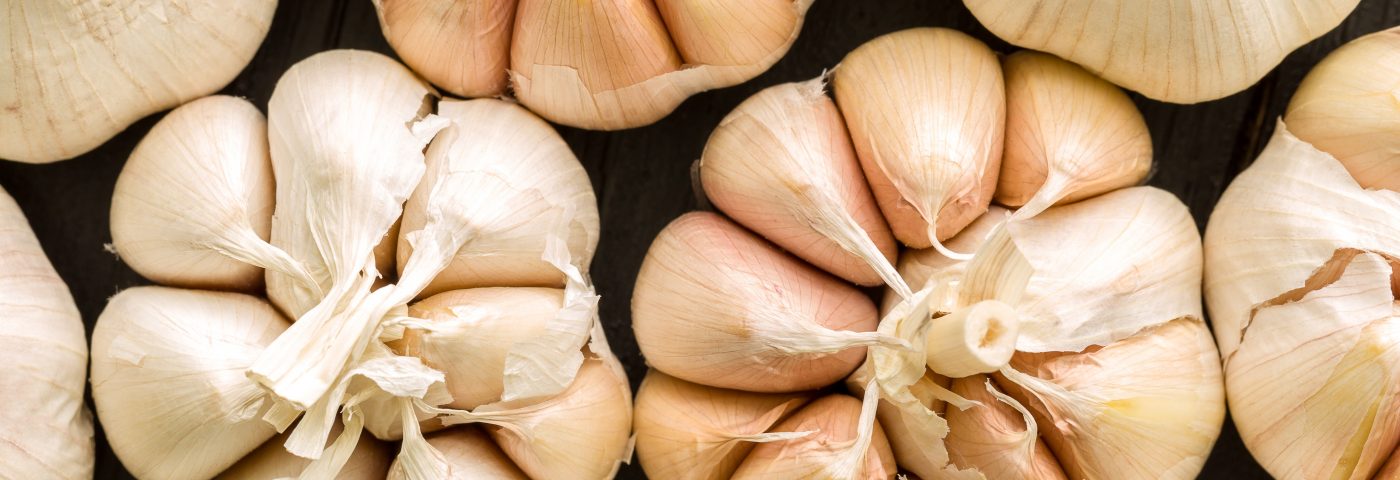Garlic taken for four weeks reduced prostate size and inflammatory markers in a testosterone-induced rat model of benign prostatic hyperplasia (BPH). The findings indicate that the herb might be a safe and non-toxic option to prevent prostate growth in men with BPH.
The herb has been used as a remedy for thousands of years, and modern research shows that garlic can prevent excessive blood fats, and has anti-inflammatory and heart-protective properties. Recent studies also indicate that it might have anticancer properties by halting cell growth and inducing cell death, making it an interesting substance to study in BPH, particularly since chronic inflammation is believed to be a contributor to prostate growth.
An earlier study showed that men with BPH who regularly consumed garlic extract improved several disease parameters, including urinary flow and prostate symptom scores. Using a rat model of BPH induced by the injection of testosterone, researchers from Sangji University, Korea, fed rats garlic powder or the BPH drug finasteride, used as a positive control. Their study, “Anti-Proliferation Effects of Garlic (Allium sativum L.) on the Progression of Benign Prostatic Hyperplasia,” demonstrated that the herbal remedy as effective in reducing prostate weight as finasteride.
Further examinations revealed that garlic reduced the expression of the androgen (testosterone) receptor in the prostate to levels even lower than in the finasteride group, and lowered the levels of circulating testosterone. Four weeks of treatment also prevented changes associated with BPH in the prostate tissue.
Researchers then examined the presence of the inflammatory factors iNOS and COX-2, which were increased in testosterone-treated animals. Both iNOS and COX-2 are enzymes producing other inflammatory mediators, and the findings, published in the journal Phytotherapy Research, showed that both treatments reduced the levels of these inflammatory enzymes, although garlic was not as effective as finasteride.
Given the earlier studies showing that garlic might induce cell death, the team also examined the levels of a range of molecular players of cell death-inducing pathways. Garlic both triggered the production of molecules that promote cell death, and blocked mediators normally suppressing this destructive pathway, with changes generally comparable to finasteride, having a dual effect on promotion of cell death in the prostate.

